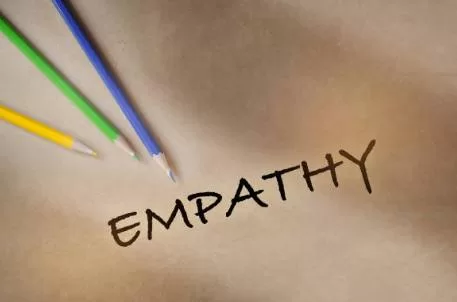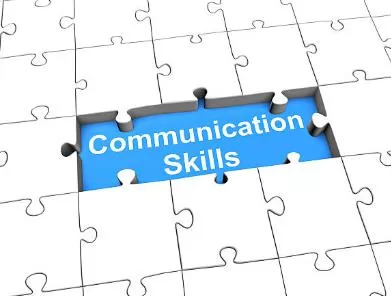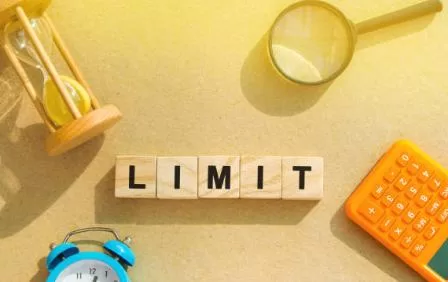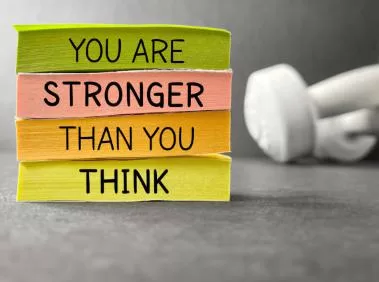How Can I Use Self-Improvement To Improve My Relationships?
Learn how to use self-improvement to help improve your relationships.

Selfpause Affirmation App
Download the app to get 1,000’s of affirmation meditations and everything you need to write, record and listen to your own.
Many people seek to improve themselves, but did you realize that it can also have a great impact on your relationships? You can become a better partner, friend, family member, and community member by focusing on personal growth and development. Here are some ideas for using self-improvement to improve your relationships.
Create Empathy

The ability to comprehend and share the sentiments of others is referred to as empathy. It is a necessary ability for establishing and maintaining good relationships. Active listening is one technique for developing empathy. This entails paying complete attention to the other person, attempting to comprehend their point of view, and reacting with empathy and compassion.
Another technique to improve empathy is to put yourself in the shoes of others. This can be accomplished by visualizing how you would feel if you were in their shoes or by asking probing questions to acquire a deeper understanding of their position.
Improve Your Communication Skills

Communication is essential in every healthy relationship. Developing your communication skills can allow you to express yourself more effectively and understand others better. Assertive communication is one technique to improve communication abilities. This includes expressing your demands and feelings clearly and directly while remaining respectful of others.
As previously said, practicing active listening is another approach to improve communication. To guarantee that you fully grasp what the other person is saying, avoid making assumptions, listen without judgment, and ask clarifying questions.
Exercise Self-Awareness

The ability to detect and comprehend one’s own emotions, ideas, and behaviors is referred to as self-awareness. You can gain a better understanding of how your actions and words affect others by growing self-awareness. This might assist you in identifying behavioral patterns that may be generating issues in your relationships.
Taking time for self-reflection is one technique to practice self-awareness. This can be journaling, meditation, or simply taking a few moments each day to check in with yourself. It’s also critical to be receptive to input from others and to accept responsibility for your actions and their consequences.
Establish Limits

Establishing limits is essential for good partnerships. Boundaries are restrictions you make for yourself and others to feel safe, respected, and cherished. You can reduce conflict and misunderstandings in your relationships by creating clear limits.
Setting limits can be accomplished by explicitly communicating your requirements and expectations. This includes being honest about what you are willing and able to do, as well as placing limits on actions that you find unacceptable. It’s also crucial to respect others’ boundaries and be willing to compromise when required.
Exercise Forgiveness

Forgiveness is an essential component of any healthy relationship. Carrying grudges or focusing on previous transgressions can breed bitterness and undermine trust. You can let go of bad feelings and move ahead in your relationships by practicing forgiveness.
Working on letting go of anger and resentment is one method to practice forgiveness. This can be accomplished through mindfulness activities such as meditation or by emphasizing appreciation and positive experiences. It’s also critical to talk openly with the other person and collaborate to solve problems.
Create a Development Mindset

A growth mindset is the concept that hard work and devotion can lead to the development of skills and talents. You can approach your relationships with a good attitude and a readiness to learn and progress if you adopt a growth mentality.
Focusing on the process of learning and development rather than the goal is one strategy to cultivate a growth mindset. This entails accepting challenges as opportunities for growth. It’s also crucial to recognize and celebrate tiny accomplishments along the way.
Self-care is essential.

Self-care is essential for sustaining general health and well-being, but it can also benefit your relationships. You may minimize stress and enhance your mood by taking care of yourself, making you a better spouse, friend, or family member.
Prioritizing your physical health is one approach to practice self-care. This can include regular exercise, a good diet, adequate sleep, and abstaining from dangerous substances such as alcohol and tobacco. It’s also critical to look after your mental health by using stress-reduction techniques like meditation or deep breathing exercises.
Engaging in things that bring you joy and fulfillment is another method to practice self-care. These can include hobbies, volunteering, or spending time with family and friends. You may approach your relationships with a sense of balance and positivity if you take care of your own needs and desires.
Exercise Gratitude

Gratitude is the practice of recognizing and appreciating the positive aspects of one’s life. You may create a positive mindset and strengthen your relationships by practicing appreciation. You are more likely to feel connected and fulfilled when you focus on the positive parts of your relationships.
Keeping a gratitude journal is one approach to cultivate thankfulness. Write down three things you are grateful for every day. They might be large or little, involving people, situations, or things. You may change your thinking and improve your general well-being by focusing on the positive.
Finally, self-improvement can be beneficial to your relationships. You can become a better partner, friend, family member, and community member by developing empathy, working on communication skills, practicing self-awareness, creating boundaries, practicing forgiveness, developing a growth mindset, practicing self-care, and practicing appreciation. Remember that self-improvement is a process, and you must be patient and nice to yourself along the way. You can make significant progress and strengthen your relationships by taking tiny efforts each day.
